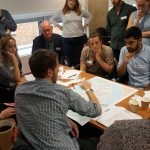The University of Leicester, De Montfort University Leicester School of Architecture, Loughborough University and Leicester City Council recently hosted the inaugural Leicester Urban Summer School, exploring how architecture, history, urban design and policy are contributing to the city’s regeneration.
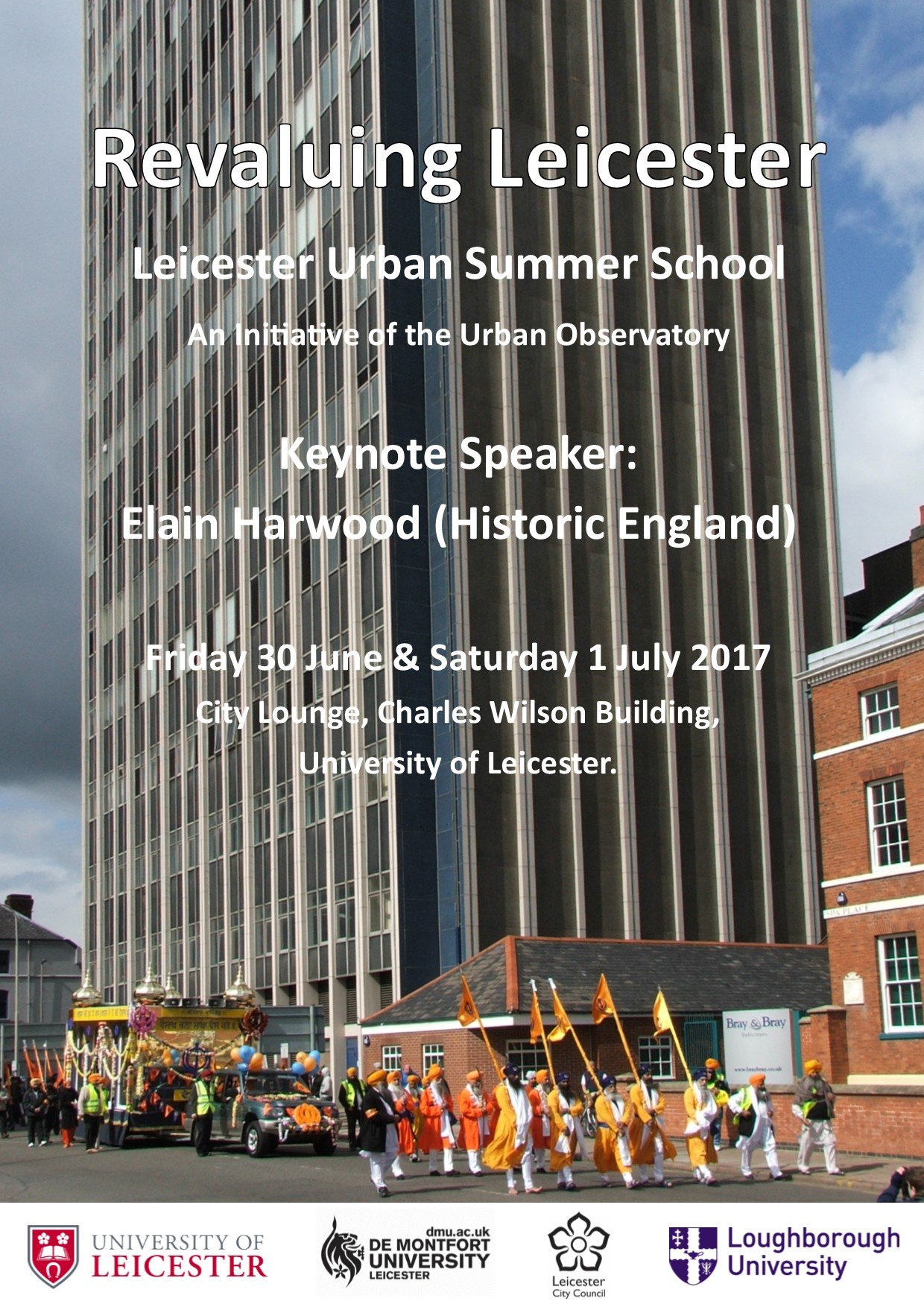
Organised by the University of Leicester (UoL) on behalf of the Leicester Urban Observatory – a partnership between DMU, Leicester City Council, Loughborough University and UoL – the two day summer school aims to establish itself as a key annual event for those interested in studying urban issues.
Day 1 Friday 30th June 2017
Delegates were welcomed by Professor Simon Gunn from the Centre for Urban History at UoL, who had been the main inspiration behind the event.
Professor Gunn challenged them to use the Summer School to reconsider and revalue Leicester from a range of perspectives throughout the two days.
Designing Leicester
DMU’s Neil Stacey kicked off the interactive sessions with an architectural design workshop at the University of Leicester.
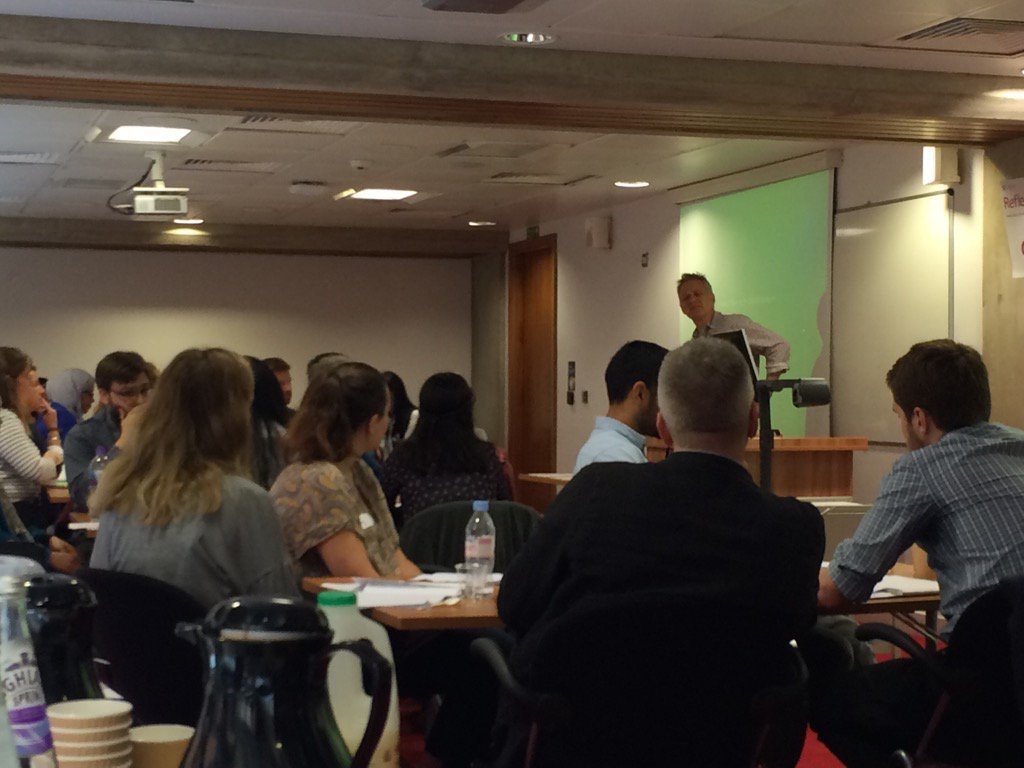
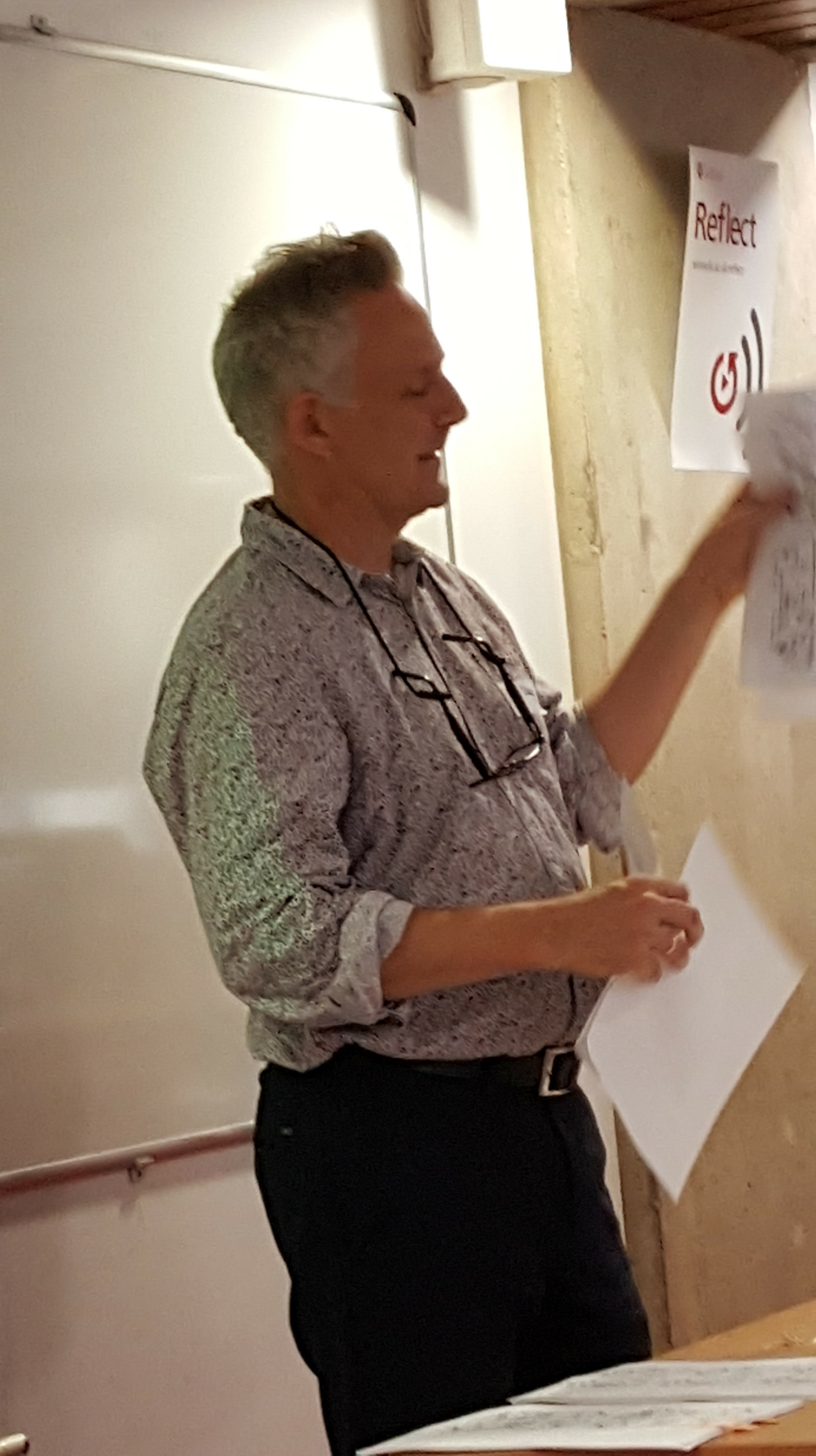
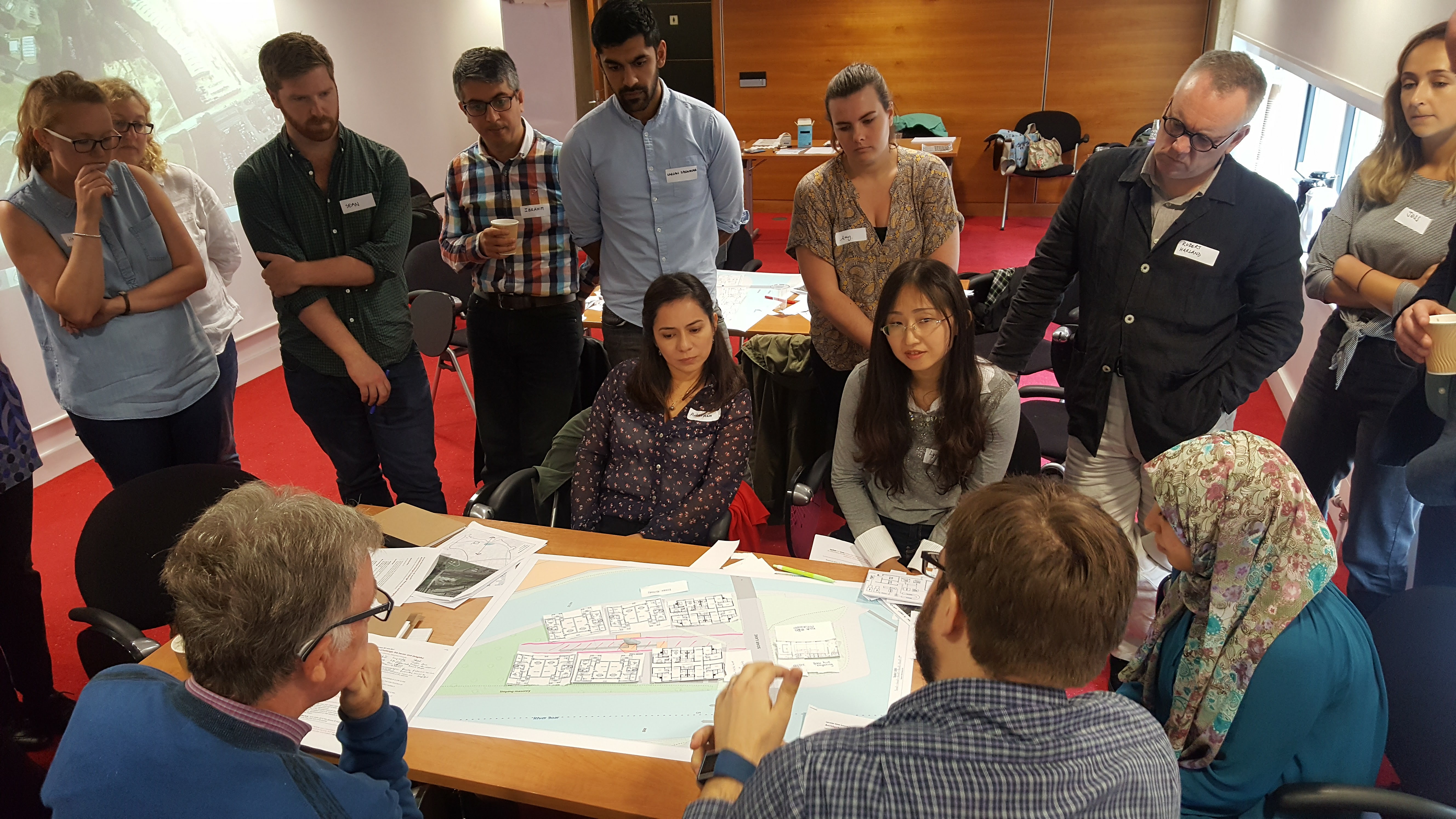
The workshop challenged small groups to transform Leicester’s Soar Island into the ideal community- using scale plans, delegates rose to tackling the spatial questions faced by real life site planning considerations.
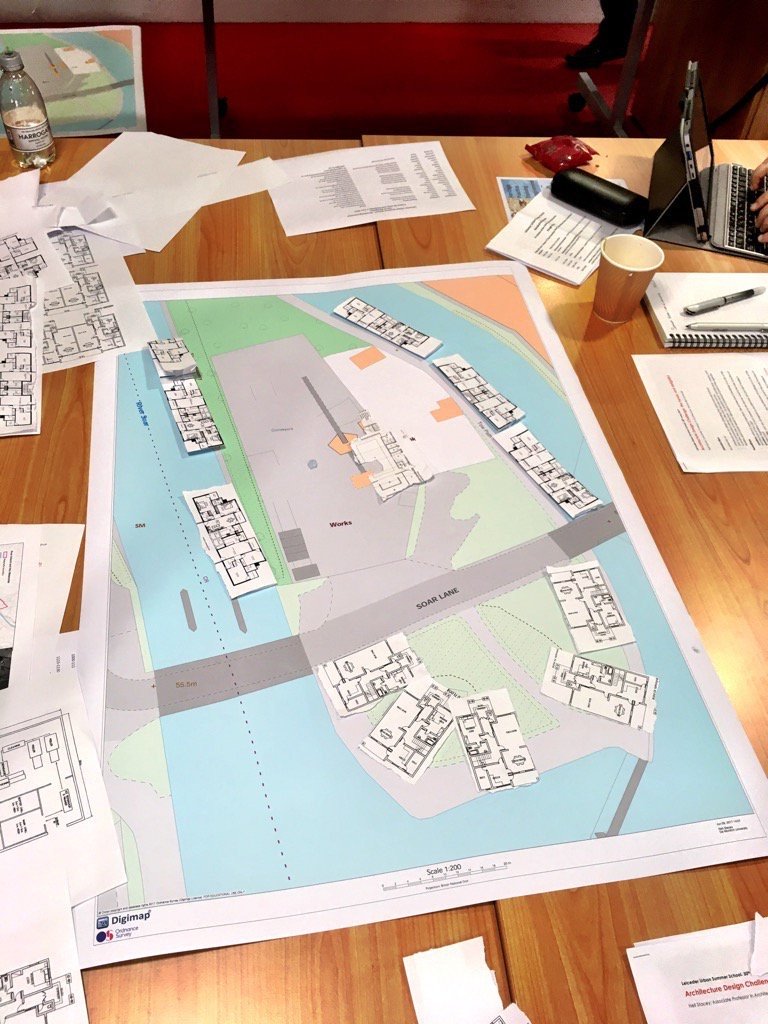
Perceptive conclusions were drawn- to be informed and maybe re-evaluated by a site visit later in the day.
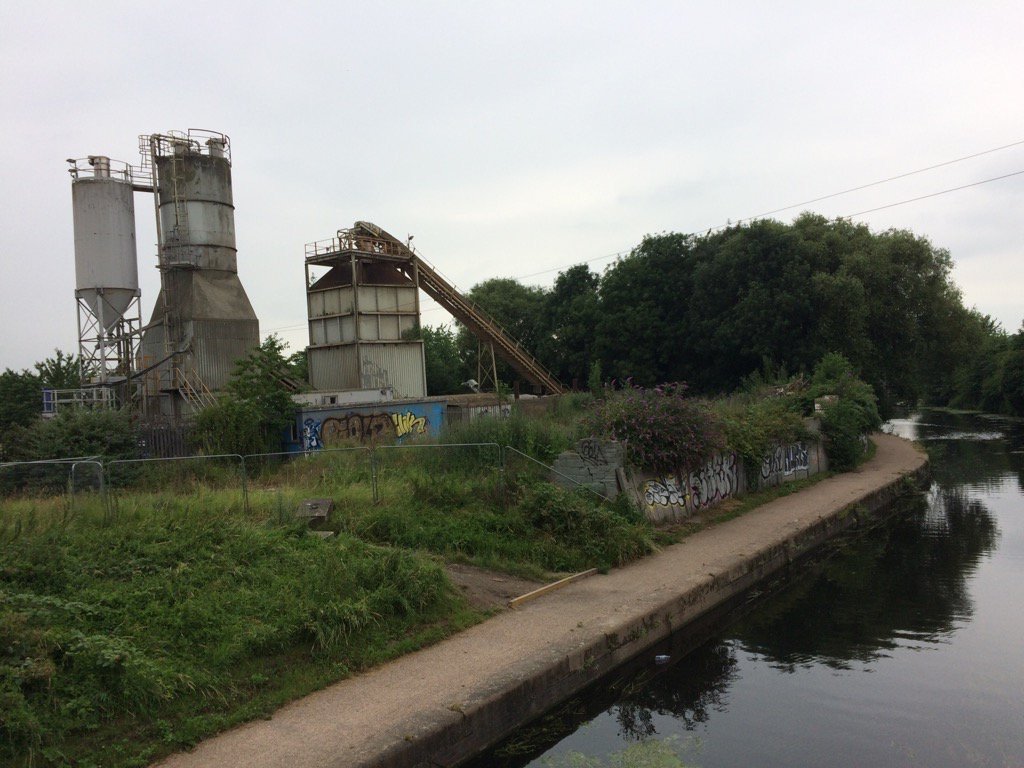
Multicultural Leicester
Professor Loretta Lees, Professor of Human Geography at the University of Leicester, then took the floor to lead an insightful discussion on multicultural Leicester- drawing comparative thinking from global academic perspectives through to the City’s current population composition and make up.
The City is almost uniquely placed to take advantage of it’s diversity and character- a subject which generated much discussion about how a Leicester approach might help define a city model of multiculturalism going forward.
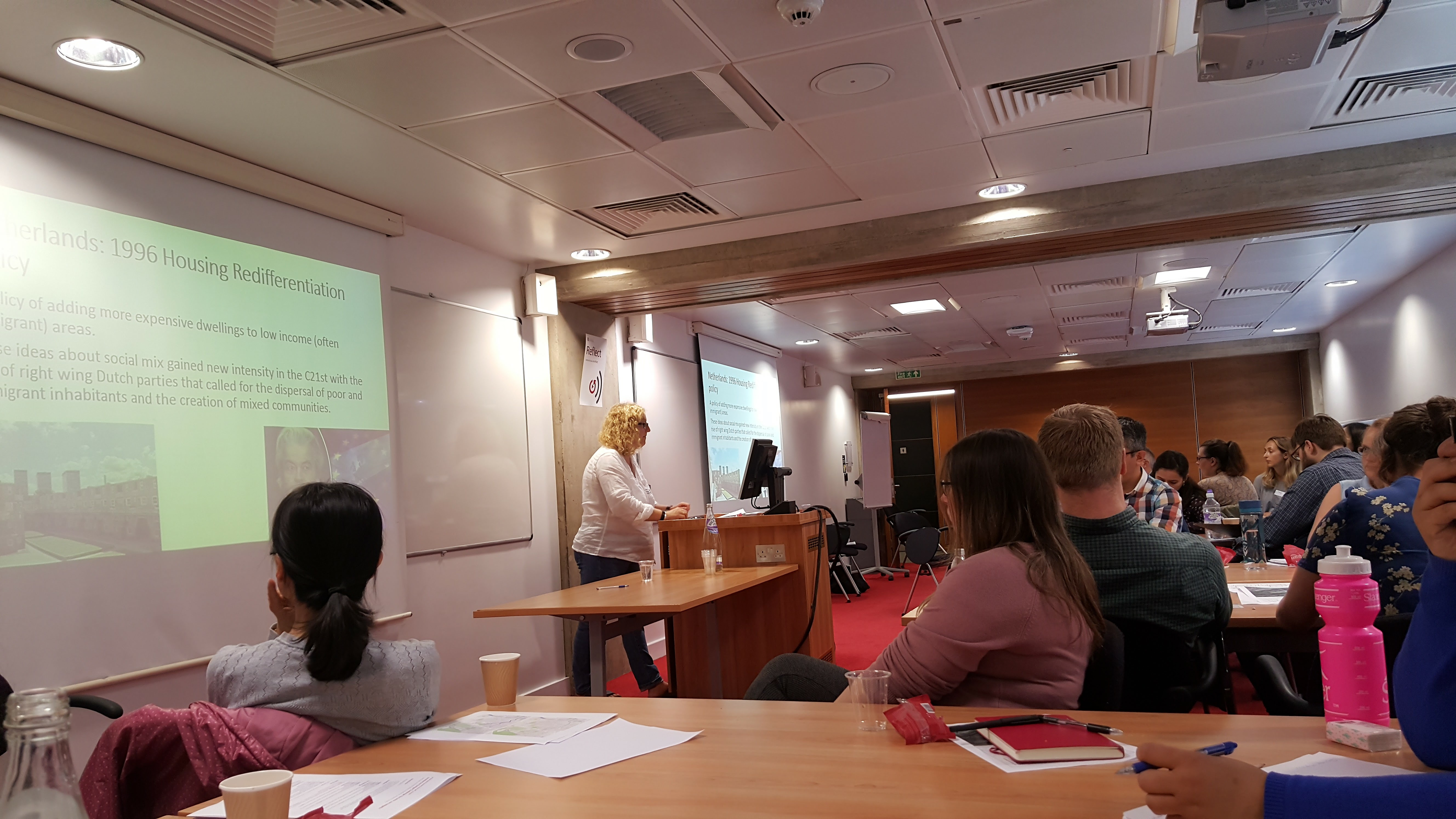
Leicester’s letters- a look and learn workshop
In the afternoon DMU welcomed delegates for an urban typography workshop led by Dr. Robert Harland, a Lecturer in Visual Communication (Graphic Design) at Loughborough University.
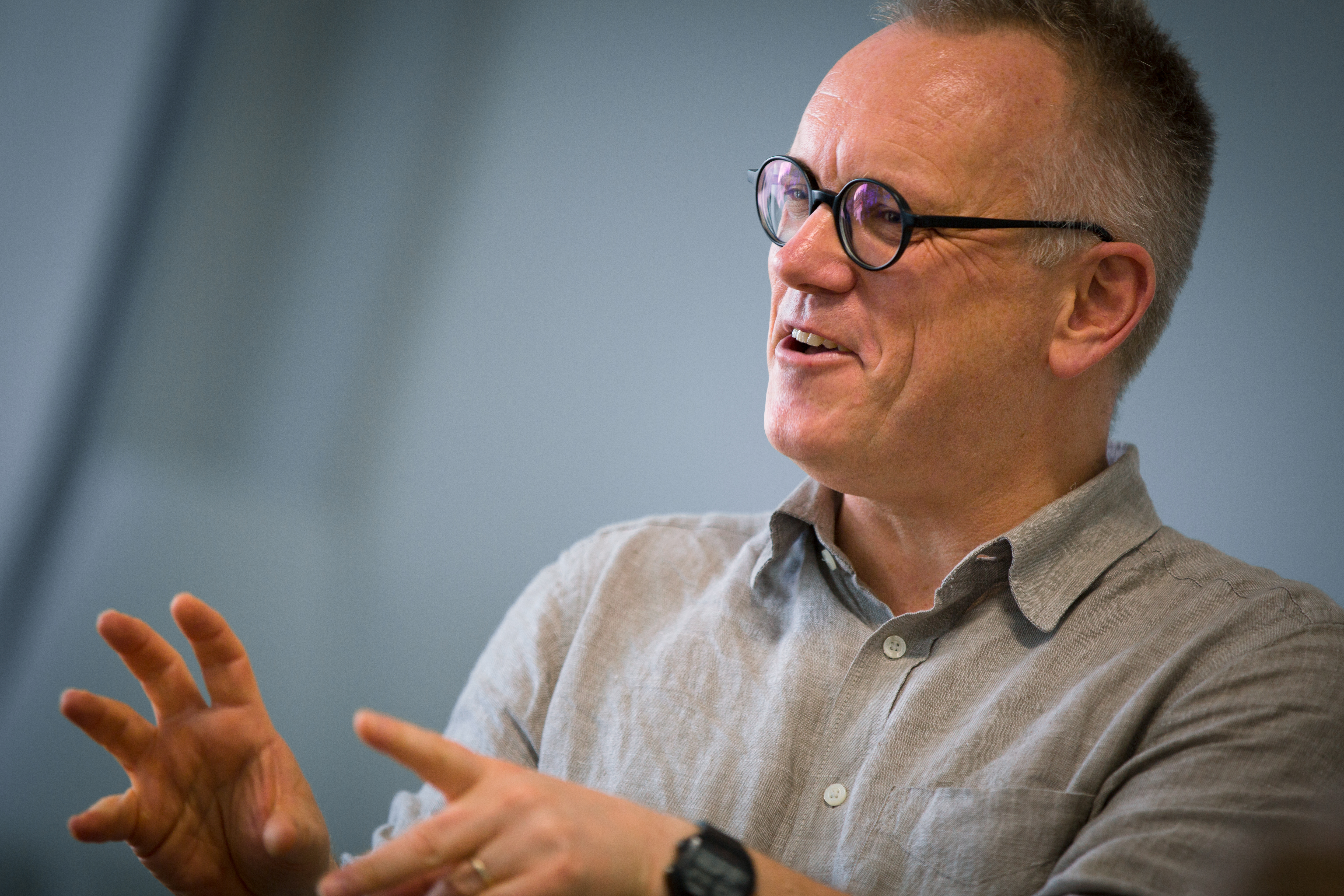
Attendees had the chance to compare the ornate and decorative graphic detail found on older buildings in Leicester to the more vivid and dynamic styles which have emerged in modern times, as well as to complete a simple but challenging typographic design exercise.
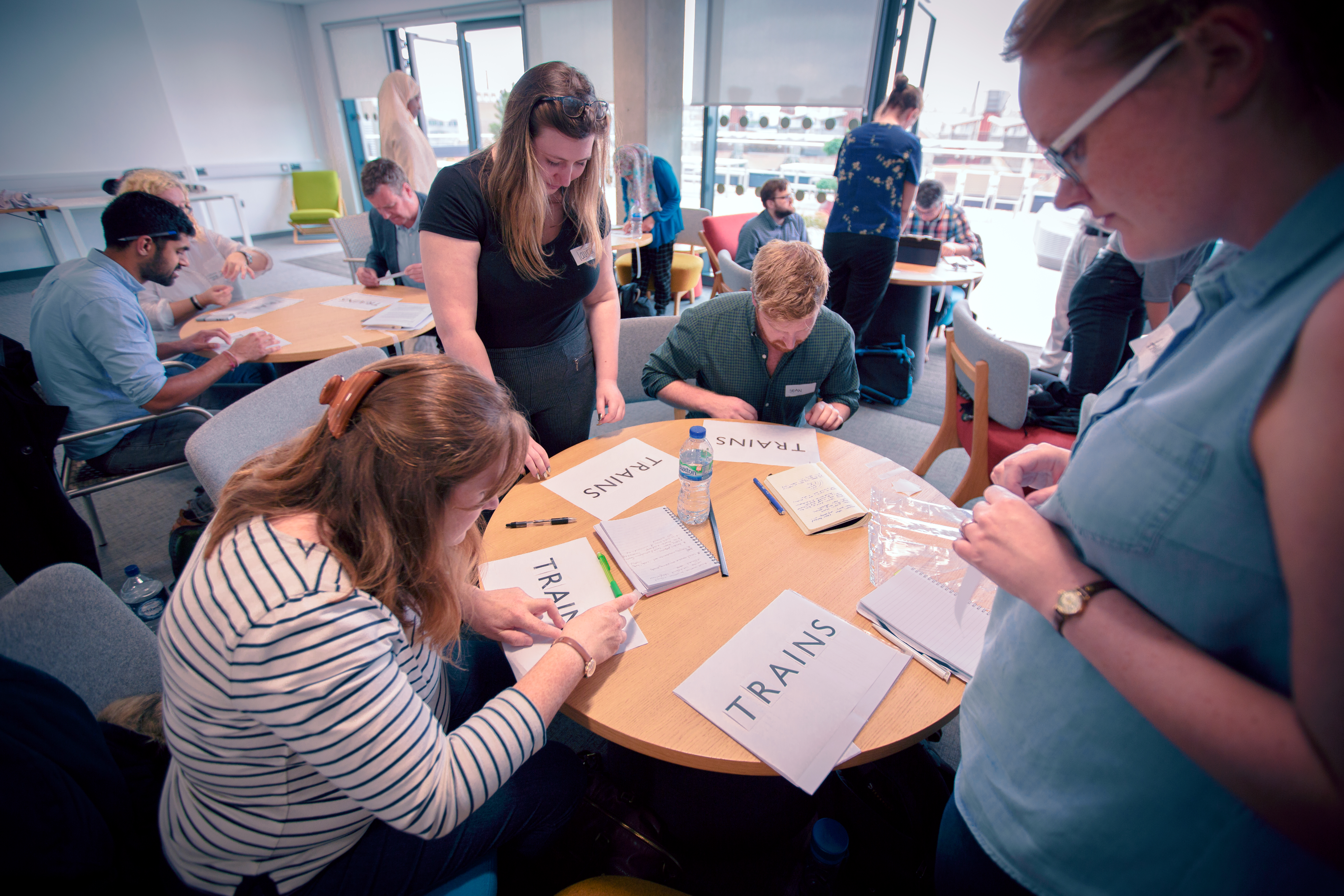
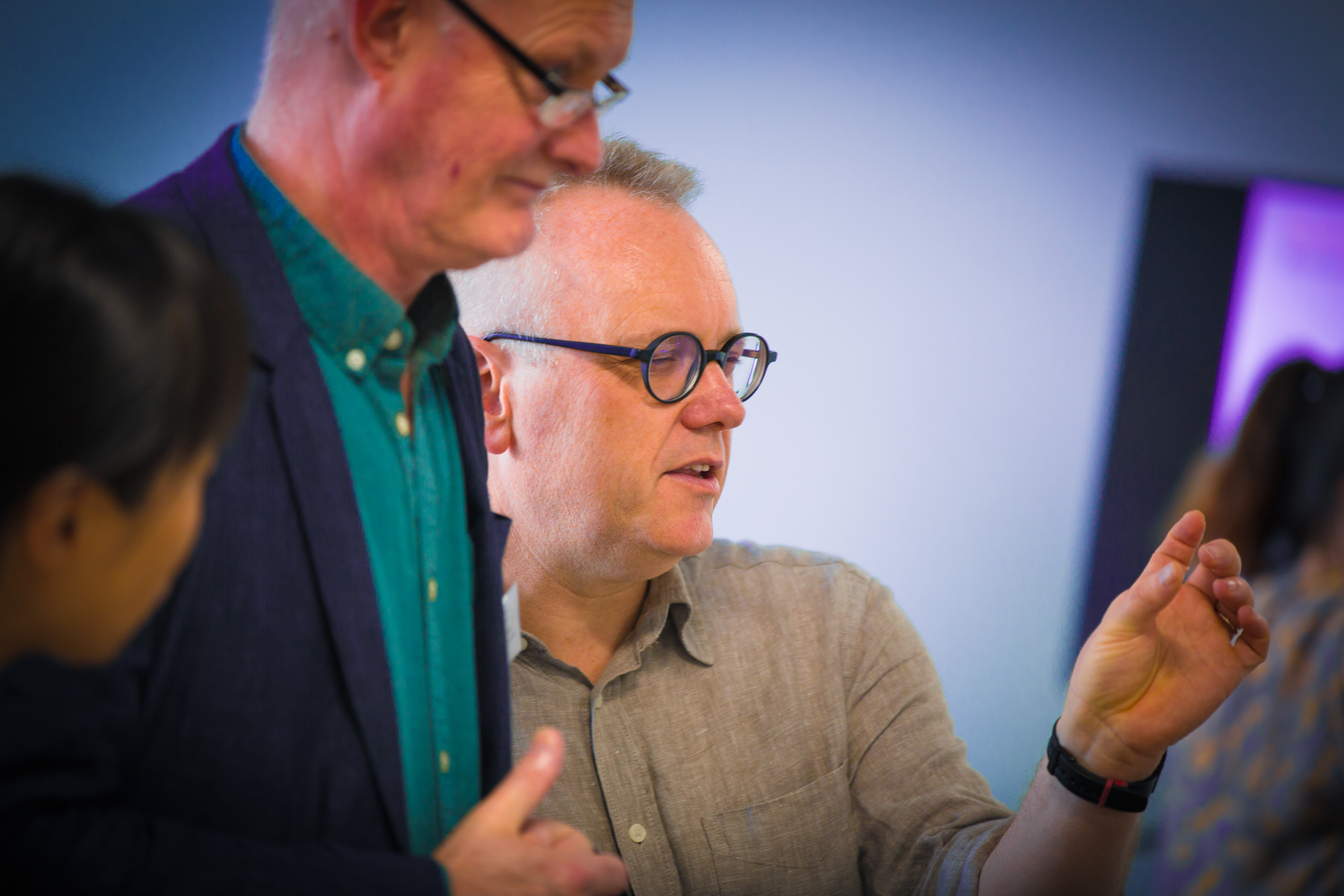
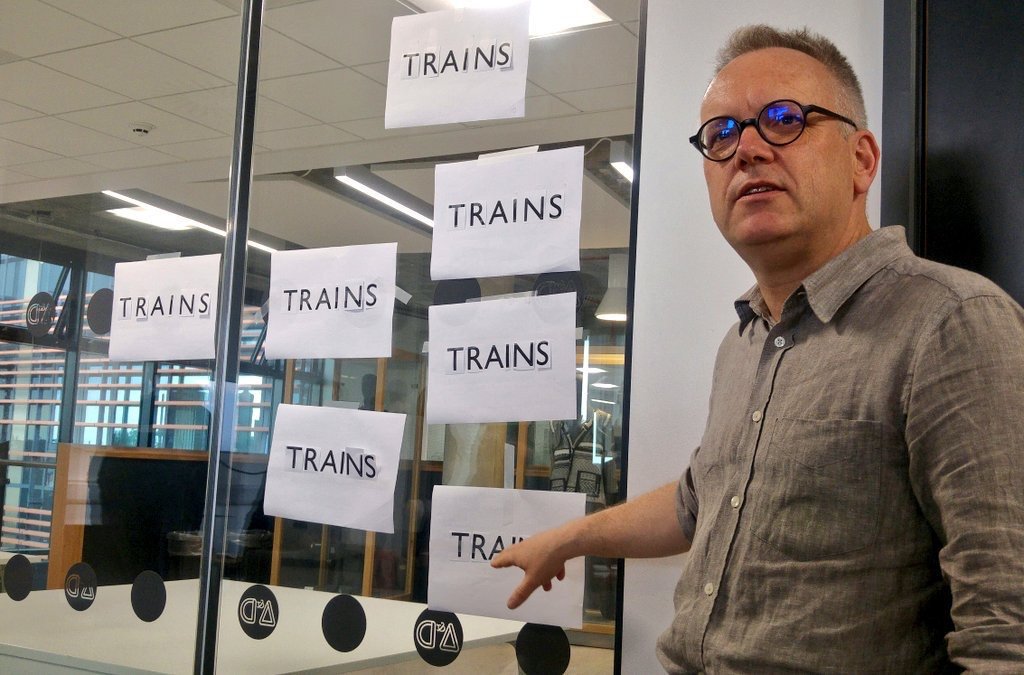
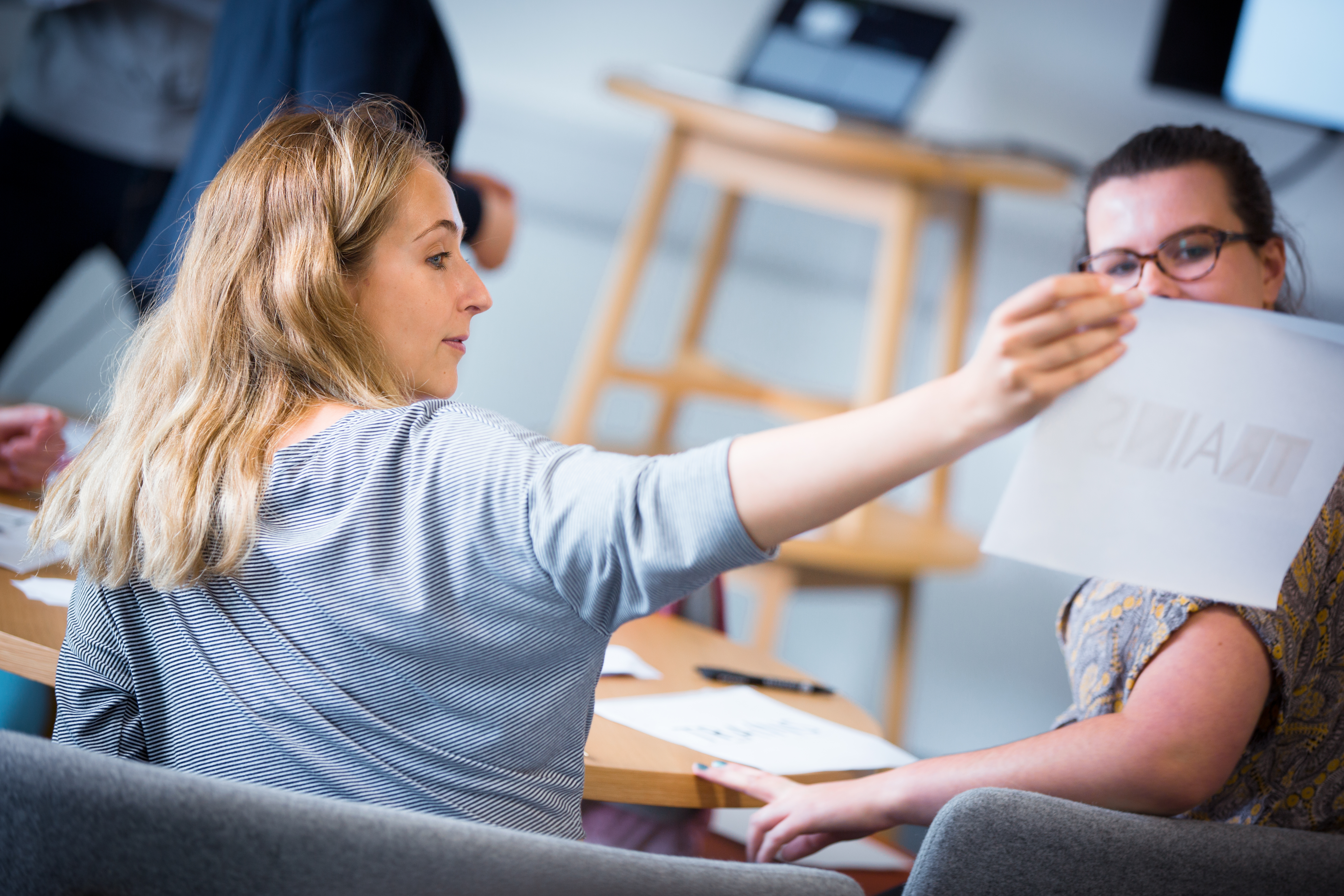
Thanks to DMU for photographs
Rob was critically incisive in his assessment of the delegates efforts- an eye opening and thought provoking session which brought home how design and visual appreciation is a skill and an art which we all have- to a greater, or lesser extent…..
Regenerating Leicester Waterside
The first day concluded with a session by Grant Butterworth, Head of Planning at Leicester City Council, concluded the day with a tour of the City’s Waterside and workshop in the newly refurbished Friars Mill.
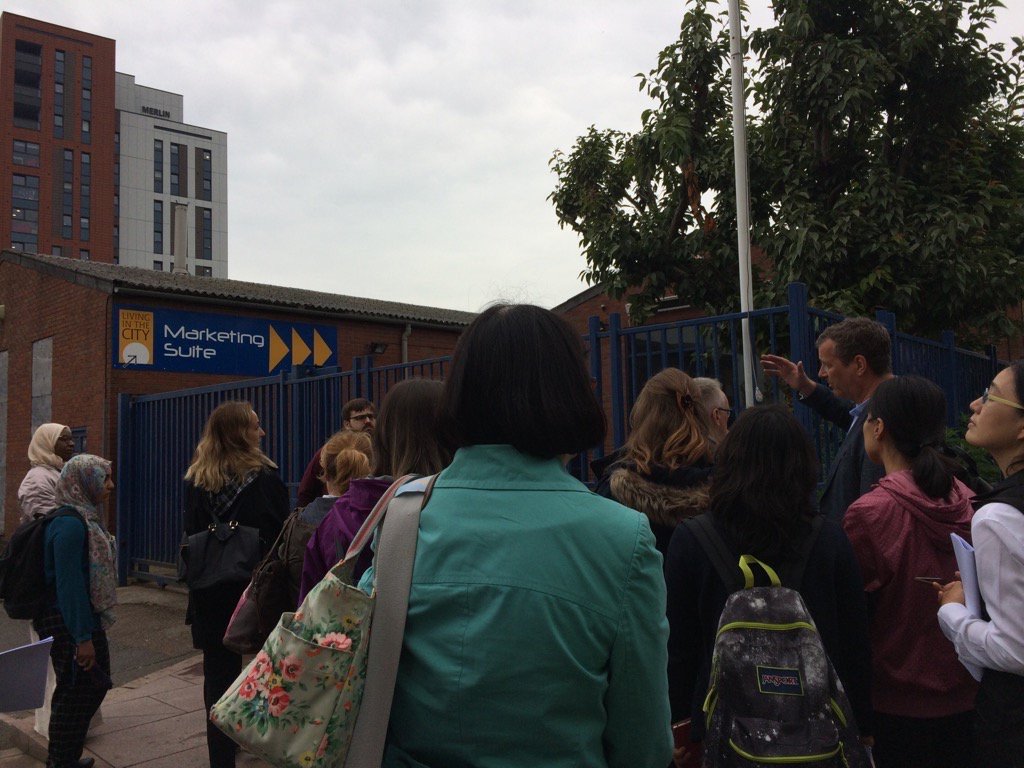
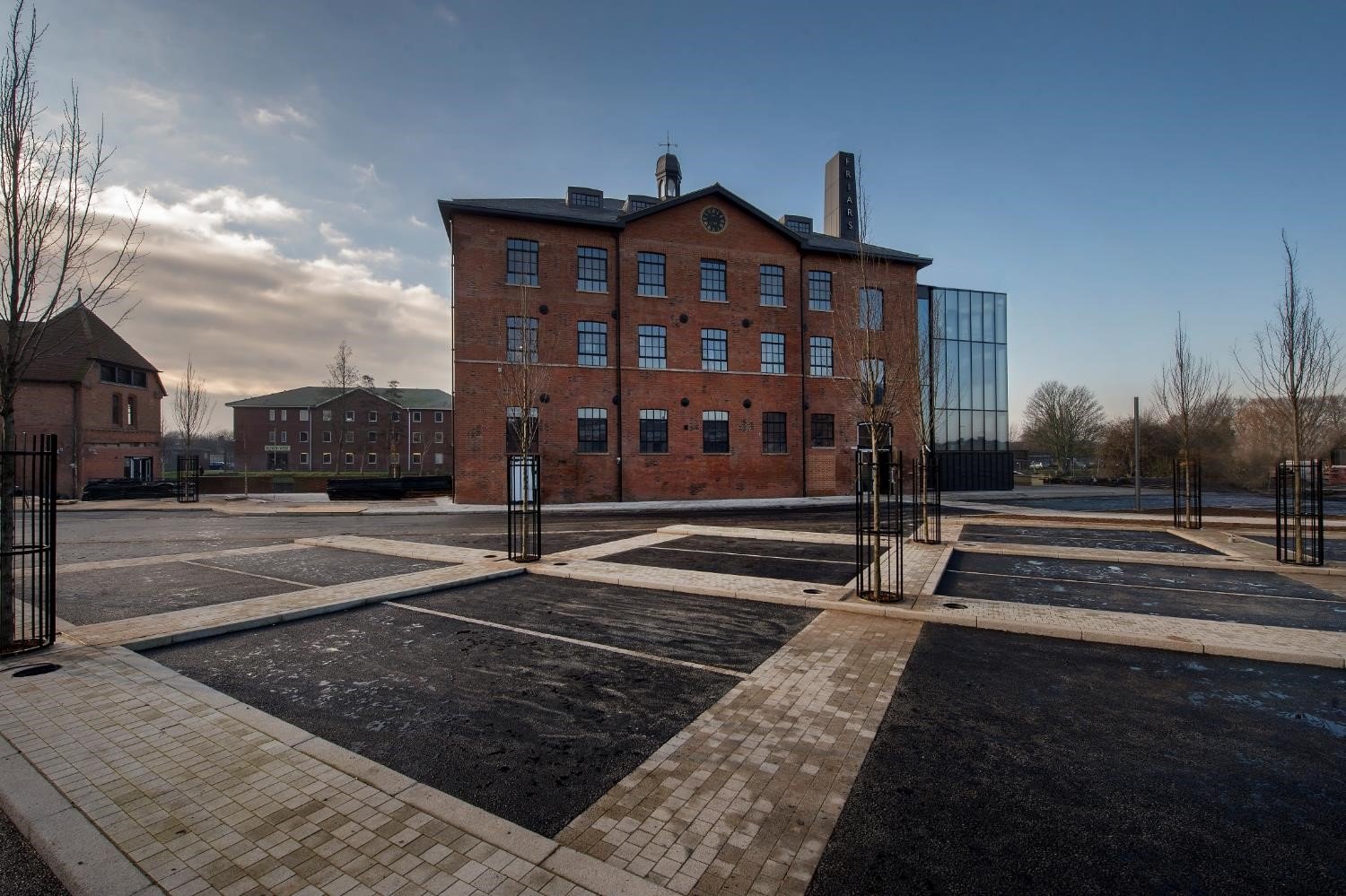
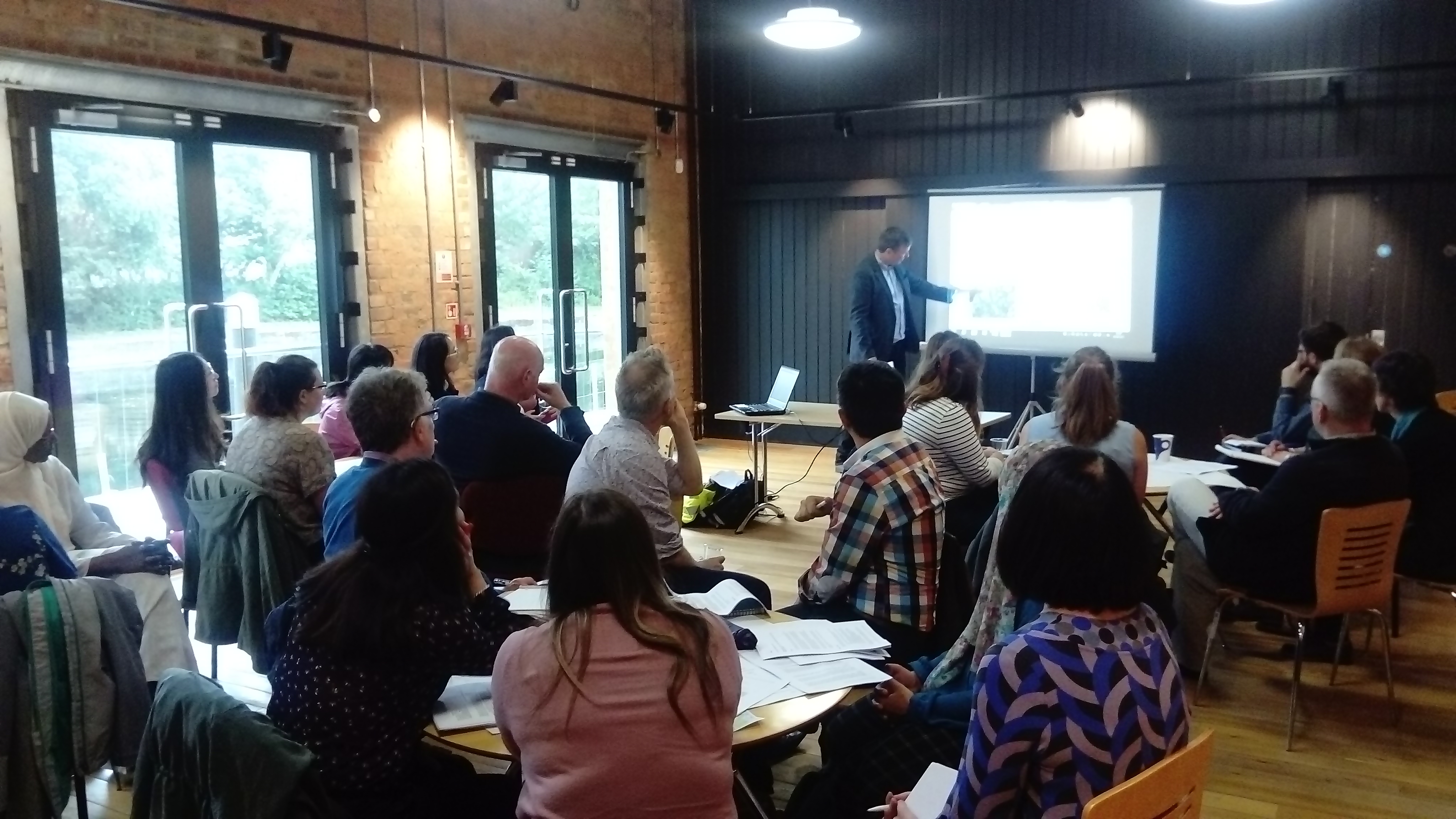
The session asked attendees to role-play the position of the developer or that of the planner, with a lively debate ensuing during a ‘live’ review of the regeneration of the Leicester Waterside.
Negotiations were at times heated, good-humoured and passionate- but disappointingly the debates fell somewhat short of a happy and agreed consensus between developer and ‘elected’ Planning authorities.
Mr Butterworth declined to elaborate on how reflective of real life this outcome was.
A reception kindly sponsored by the University of Leicester and ongoing discussion followed through into an informal evening dinner and drinks which concluded the first day’s events.
Day 2: Saturday 1st July 2017
Engaging Challenges
Professor Lees and Grant Butterworth led an interactive discussion on how could municipal authorities more effectively engage with diverse communities and stakeholders .
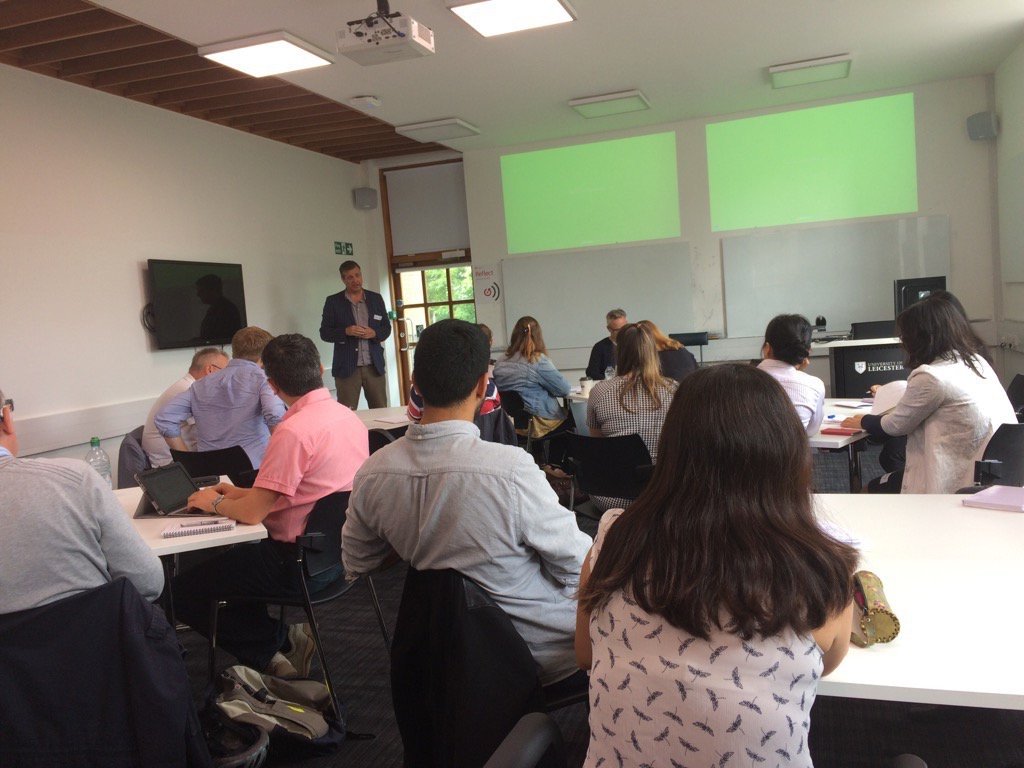
This is a major issue for planning and regeneration- delegates tested opinions and perspectives which provided a broad range of insights.
Mr Butterworth committed to seek to take on board suggestions in the Council’s upcoming activities.
Urban Trails
Colin Hyde (East Midlands Oral History Archive, University of Leicester) held a masterclass exposition on the history and art of developing Town Trails.
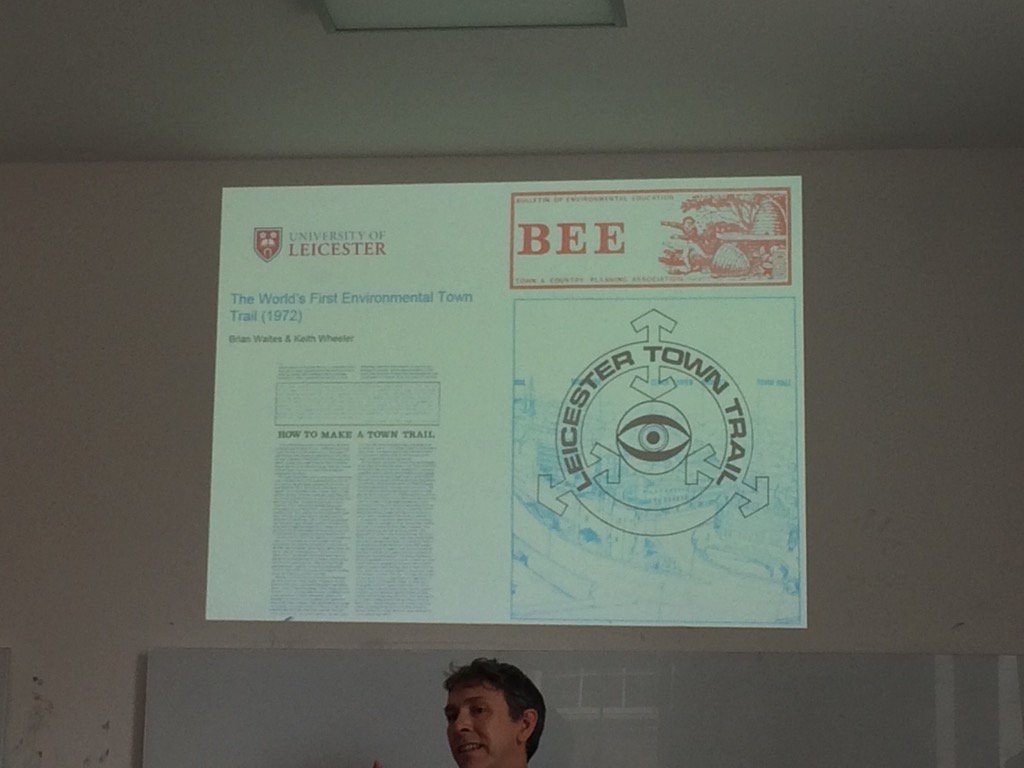
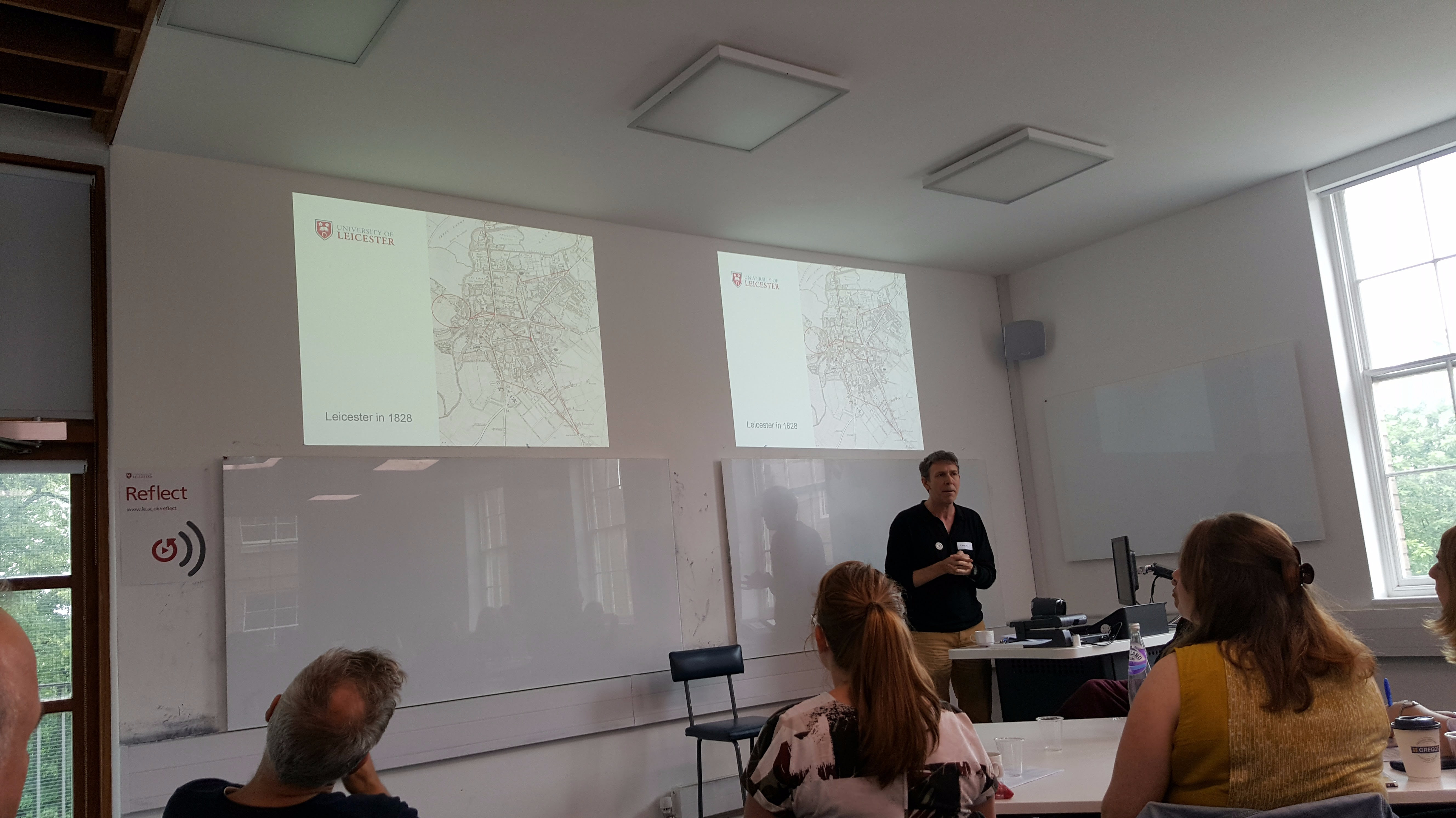
Leicester unique track record of producing a variety of trails of the city’s assets presents a fascinating history of encouraging people to experience the city at first hand- a theme central to the Summer School’s agenda.
Keynote Lecture:
Leicester’s Changing Landscape: the city and modern architecture since 1945
Elain Harwood (Historic England) drew proceedings to a close with a tour de force presentation on the City’s modern architectural offer. A packed house was captivated by Elain’s energy, passion, knowledge and enthusiasm for the subject.
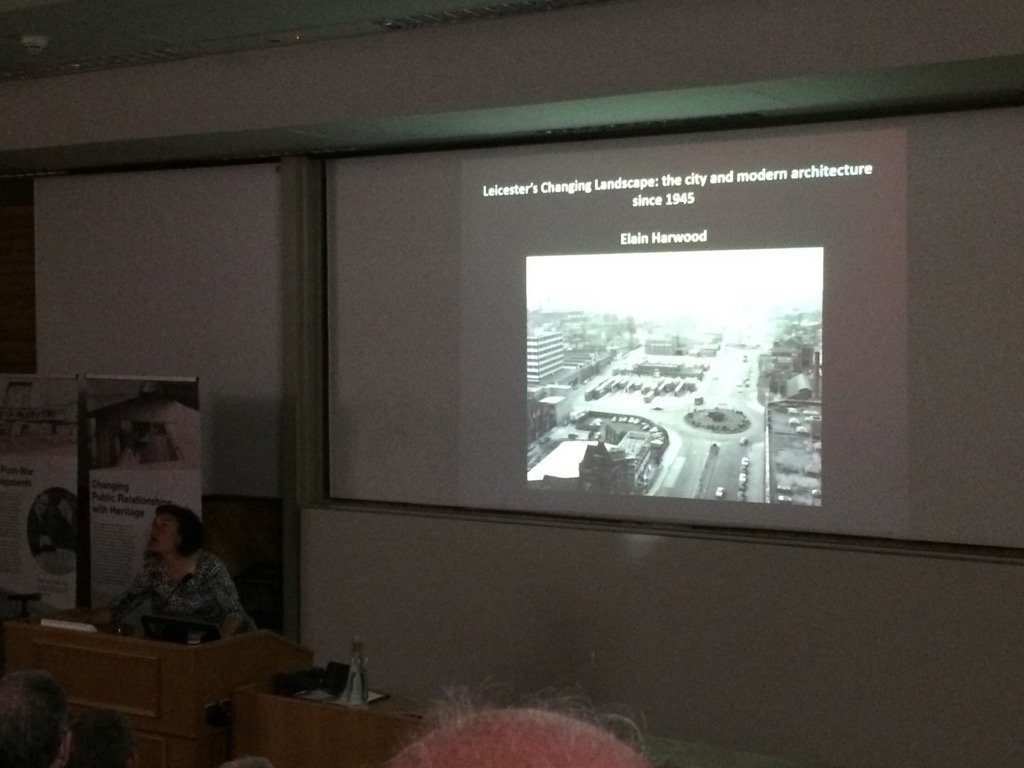
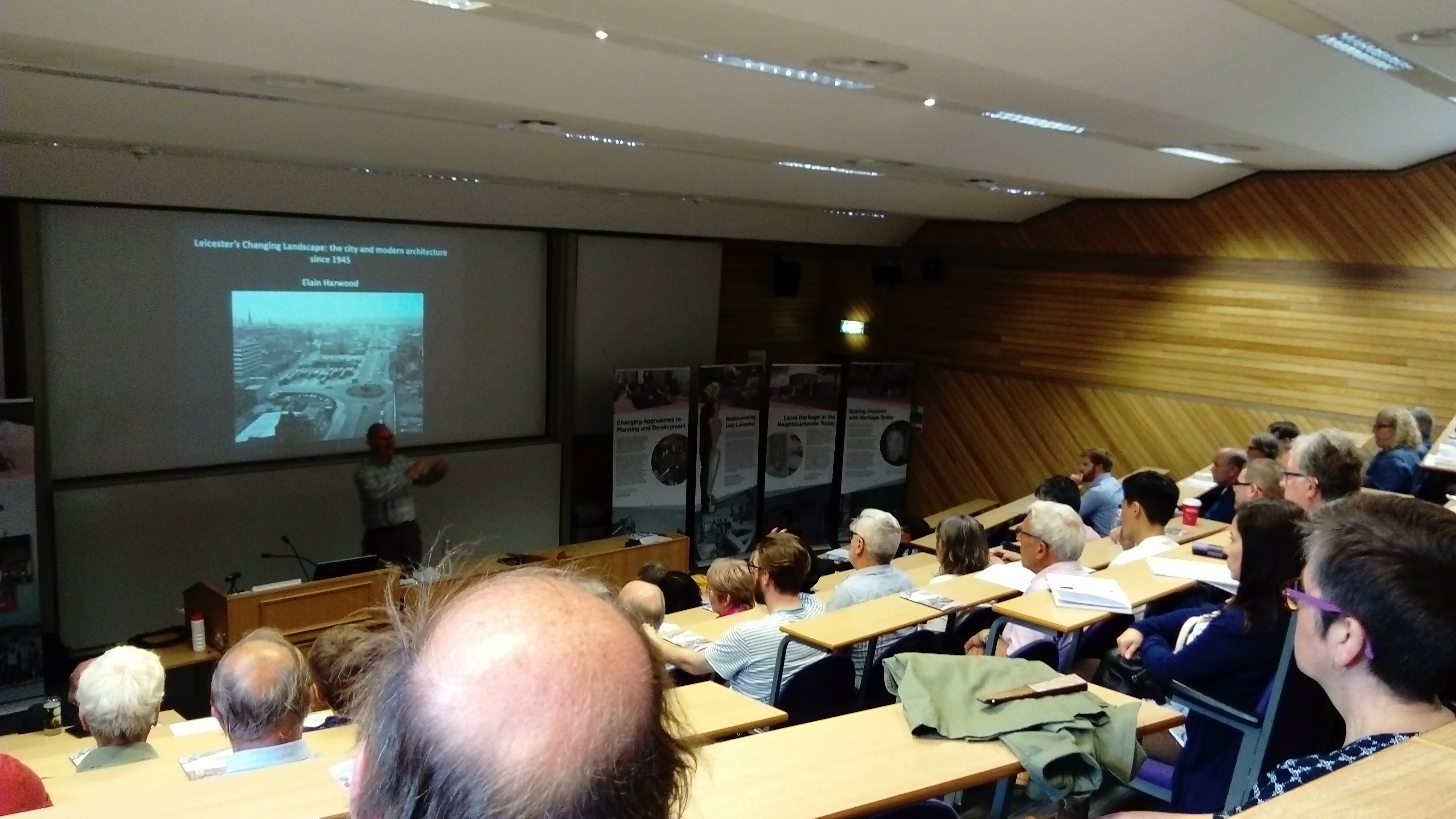
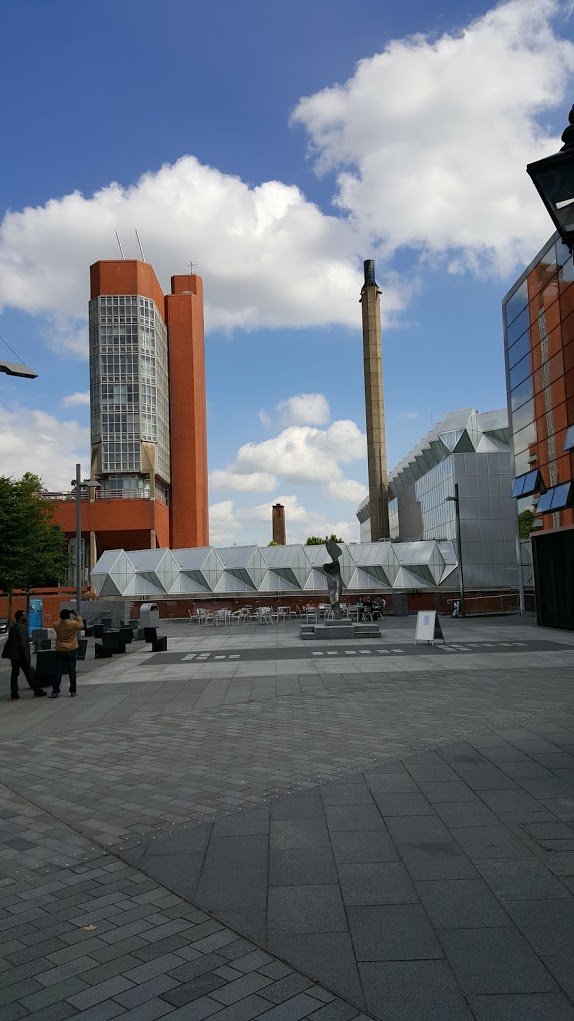
The keynote was a fitting conclusion to the Summer School which sought to encourage a Revaluing of the City.
The breadth of debate and discussion was a clear endorsement of confidence and value placed upon the city by a wide range of participants, and different perspectives of partners allowed a new understanding and evaluation of what makes the city special.
A video of Elain’s talk can be seen here.
(courtesy of Colin Hyde of the east Midlands Oral History Archive)
Partners are already in discussion about how to build on the event and any feedback or comments in this respect would be very welcome via this blog.
Thanks must go to all the delegates for their enthusiastic participation, the contributors and hosts, but in particular to the efforts of Sally Coleman and Professor Simon Gunn at UoL and Justin Webber at the City Council, without whom it really wouldn’t have happened.

